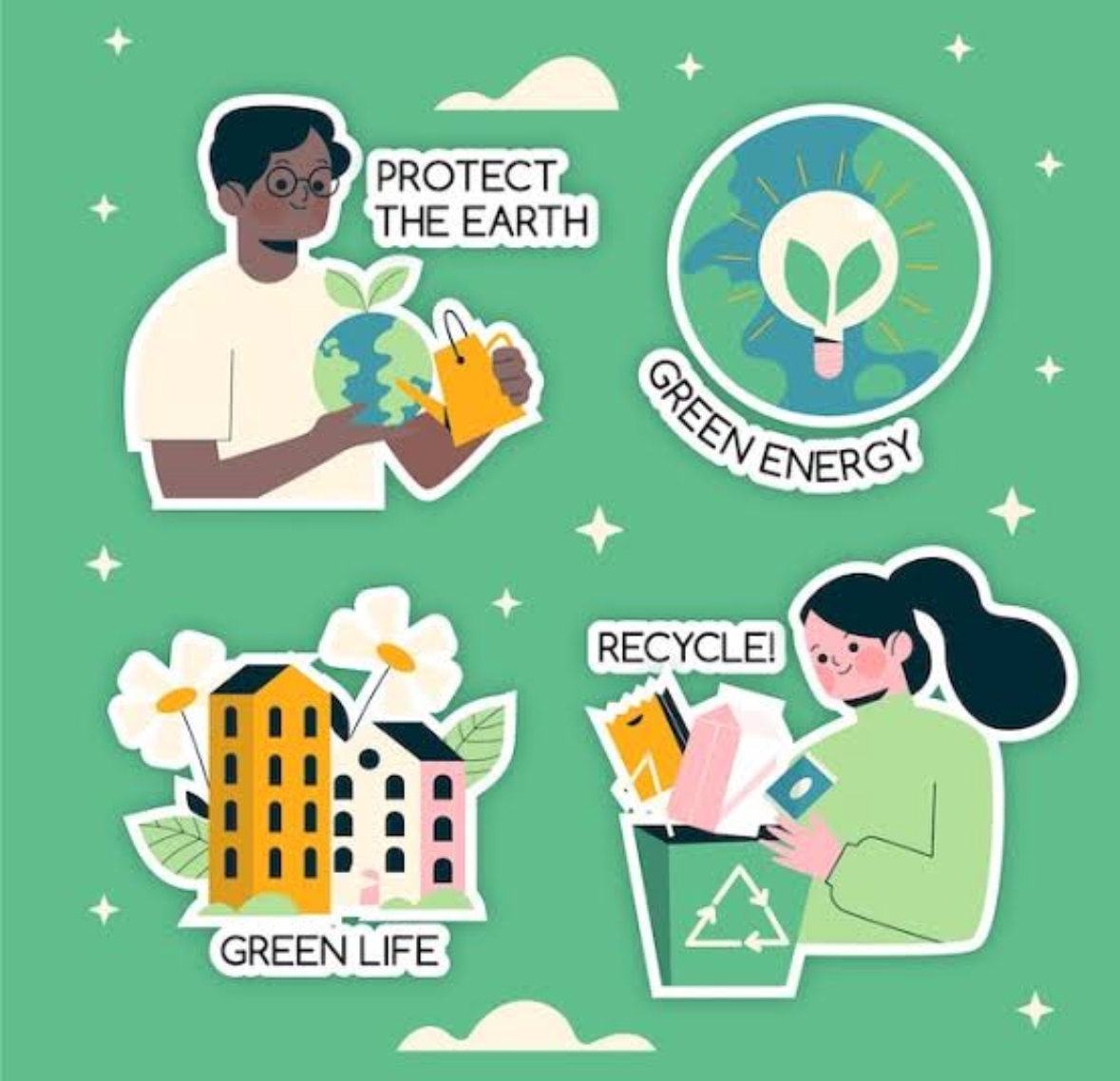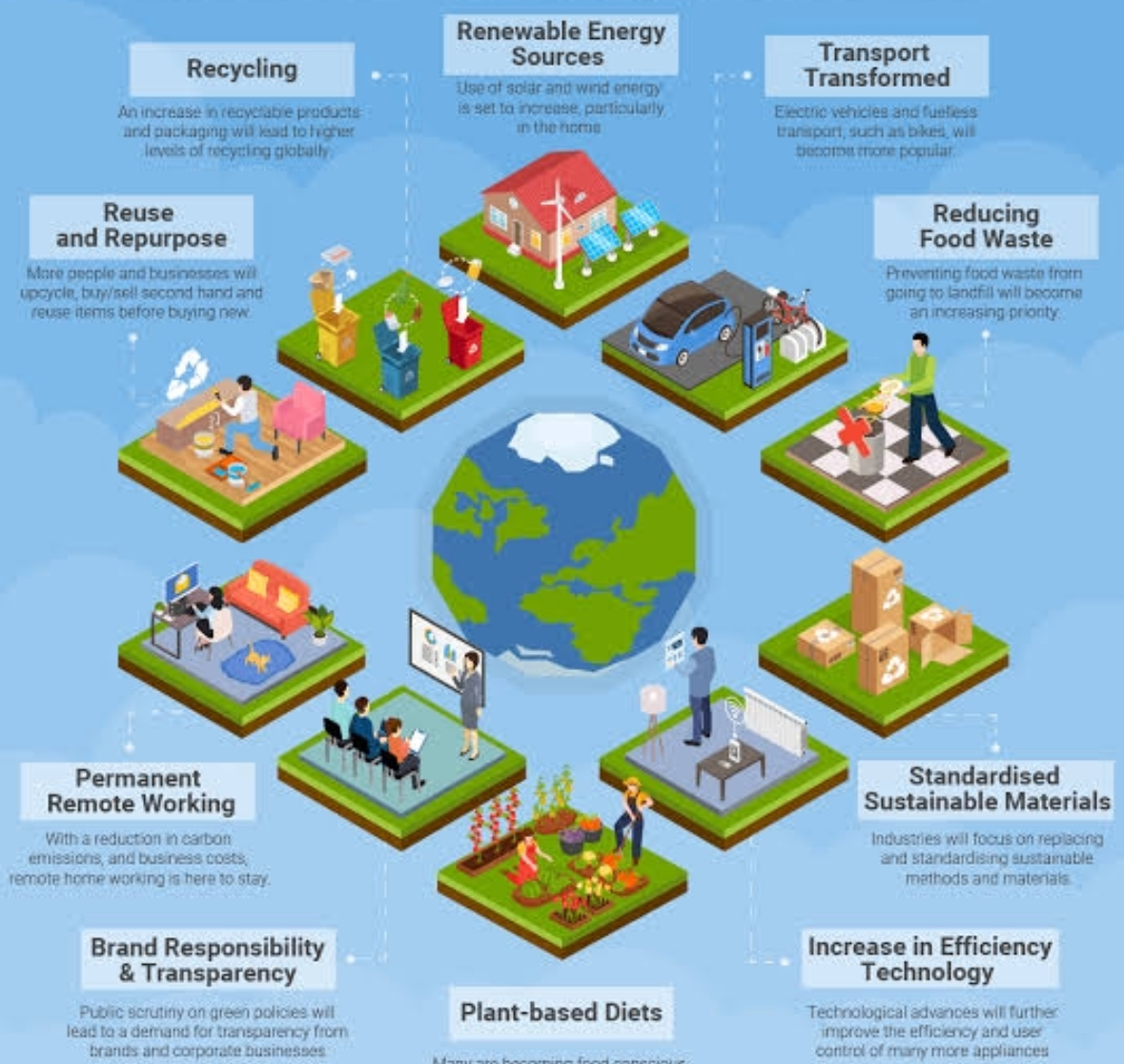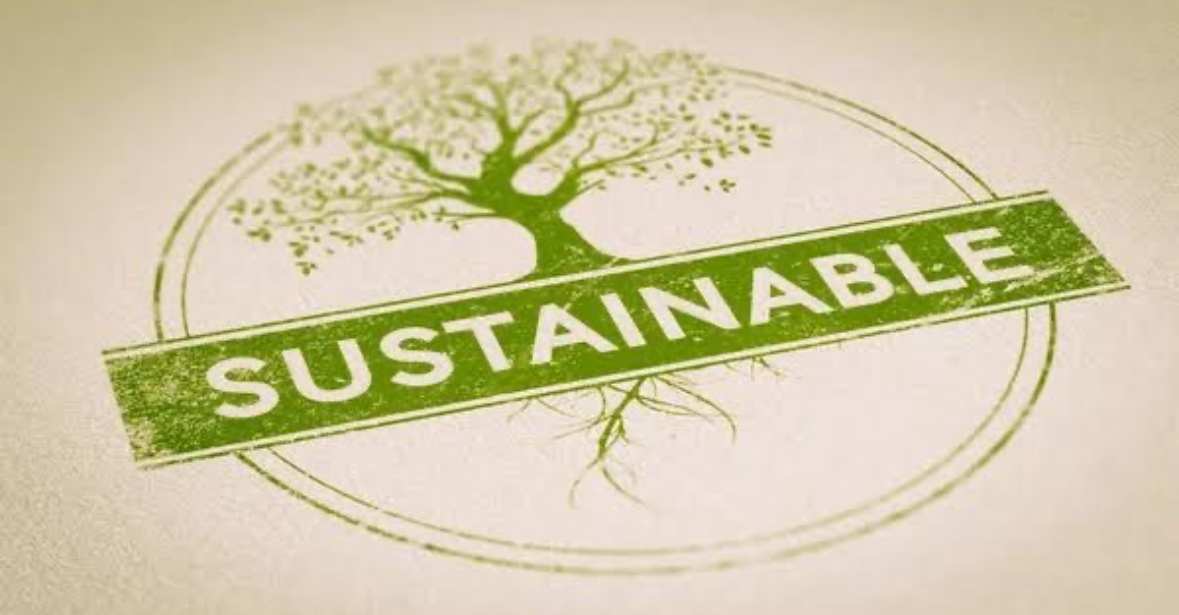Sustainable living is a way of life that tries to lessen the damage that people and groups do to the environment by choosing thoughtfully what they do every day. The objective is to obtain an environmental balance where resources are utilised at the same speed that they are being restored. This article looks at different examples of sustainable ways to live and stresses how important it is to adopt these ways of life for the health of our planet.

The importance of sustainable living vs. waste-free living:

Sustainable living is important for many reasons. Saving the Earth for future generations, encouraging resource efficiency, improving personal and global health, and upholding our moral duty to protect the environment are all benefits. The world's growing population requires more sustainable living. Zero-waste and sustainable living are similar but different. Reduce trash, recycle, and compost to live zero-waste. Sustainability involves considering the environment in your food, transportation, and energy use.
Governments and businesses both have important roles to perform:

Businesses and governments alike work hard to promote sustainability. Governments can enact laws and regulations that encourage people to follow suit, and businesses can make decisions that are better for the environment. Cooperation between individuals, organisations, and governments is necessary for widespread sustainability to occur.
Examples of sustainability:

- Turning off lights : Putting in insulation and turning off lights when you leave a room are two ways to save energy.
- Switching to renewable energy: Solar panels and other renewable energy projects cut down on the use of fossil fuels.
- Reusing Goods: Reusing goods cuts down on waste and helps the circular economy grow.
- Cutting down on plastic pollution: reusable water bottles and shopping bags are good for the environment.
- Picking products that can be recycled: Utilising reusable clothes and goods created from recycled materials helps lower waste.
- Homegrown Food: Growing your own food cuts down on waste from shipping and packaging.
- Buy locally: Supporting local farmers' markets and small businesses helps reduce the pollution that shipping causes.
- Composting: You can compost at home or in a community bin. It cuts down on waste and makes the soil better.
- Voting wisely: Supporting environmentalist candidates and policies by giving them money makes things last longer.
- Eat less meat: vegetarian or vegan diets lessen the damage that animal agriculture does to the environment.
- Sustainable Transportation: Emissions are lower when people walk, ride bikes, and share rides.

Sustainable living is a lifestyle that reduces environmental impact through conscious choices in daily life. The practices include energy conservation, renewable energy support, waste reduction, and sustainable transportation. Ecological preservation, resource efficiency, and morality require sustainable living. Businesses, governments, and individuals can improve the future by acting and making sustainable choices.
(Image Source : Multiple Agencies )
© Copyright 2024. All Rights Reserved Powered by Vygr Media.




















